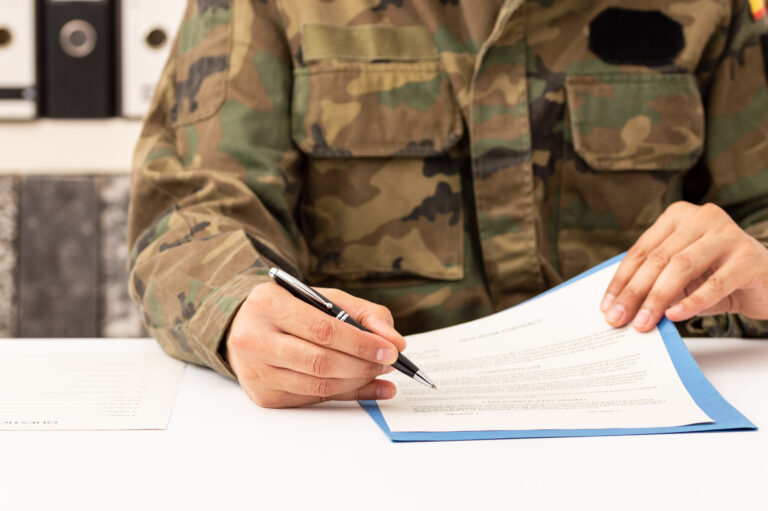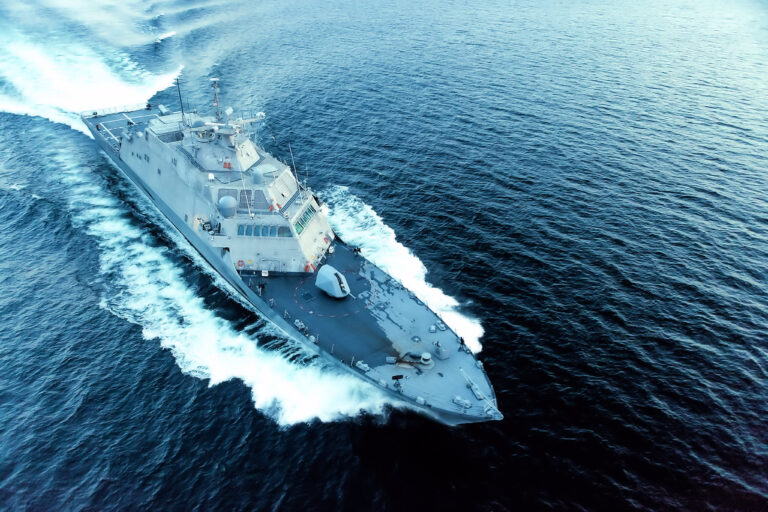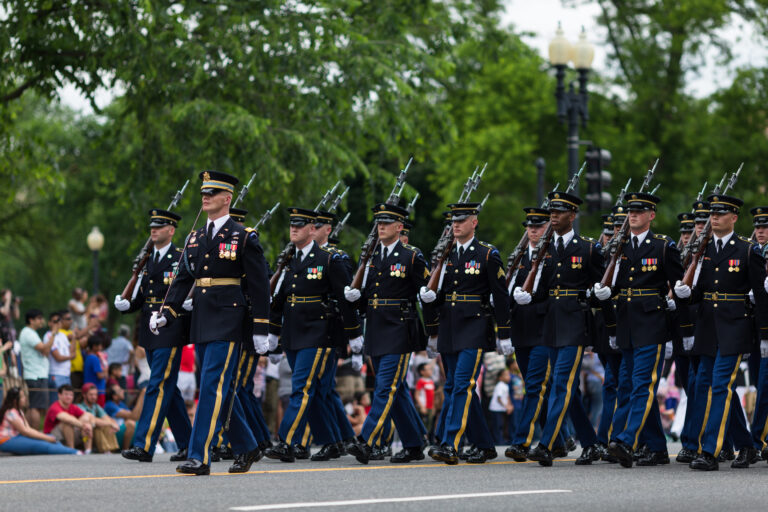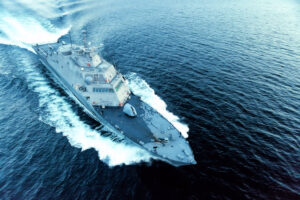Understanding the Role of PCs in the Army
In the military, technology plays a critical role in various operations. One of the key pieces of technology is the Personal Computer, often referred to simply as the PC. This article delves into the importance, applications, and evolution of PCs within the army.
The Evolution of Army PCs
Early military computers were massive, room-filling machines used for complex calculations and data processing. As technology advanced, these machines evolved into more compact and portable devices. Modern PCs in the army now range from rugged laptops to handheld tablets. This evolution has been driven by the continuous need for enhanced computing power on the battlefield. Recent developments have focused on reducing size while increasing functionality and connectivity.
Applications of Army PCs
PCs in the army serve a wide range of purposes. They are crucial for communication, mission planning, logistics, and intelligence. Officers use PCs to conduct briefings, plan missions, and coordinate with other units. PCs assist in the simulation of combat scenarios, helping leaders to anticipate and strategize according to various conditions. In logistics, they play a part in inventory management, ensuring that supplies are effectively distributed. Intelligence operations utilize PCs for data analysis, cryptography, and cybersecurity operations.
Communication
Efficient communication is vital in military operations. PCs allow for encrypted communications between different units. They enable real-time sharing of information, ensuring that all personnel have access to the latest intel. Secure messaging platforms and video conferencing tools are standard applications found on military PCs.
Mission Planning
During mission planning, PCs are indispensable. They are used to access digital maps, plot routes, and simulate different tactical operations. Advanced software applications help commanders visualize the battlefield and make informed decisions. These tools are essential for precise mission execution.
The Importance of Security
With the widespread use of PCs in the army, cybersecurity has become a top priority. Military PCs are equipped with robust security features to protect sensitive information. These features include advanced encryption, multi-factor authentication, and secure access protocols. Regular security audits and updates are a part of routine operations to counteract cyber threats.
Rugged PCs for Tough Conditions
Army PCs are designed to withstand harsh environments. Rugged laptops and tablets are built with durable materials, making them resistant to dust, water, and impact. They are equipped with batteries that last through extended missions without requiring frequent recharges. Temperature extremes, whether hot or cold, are no obstacle due to their resilient construction and built-in cooling systems.
Hardware Specifications
- Shockproof casings to protect against physical impact
- Sealed ports to prevent dust and moisture intrusion
- Extended battery life to support long operations
- High-resolution displays for clear visibility in all lighting conditions
Training for Army Personnel
The use of PCs in the army necessitates specialized training. Soldiers are trained to efficiently operate various software and hardware systems. This training includes cybersecurity awareness to prevent breaches and mishandling of data. Technical training programs are regularly updated to keep pace with new technology advancements.
Future of Army PCs
As technology continues to evolve, so does the future of PCs in the army. Developments in artificial intelligence and machine learning are finding their way into military PCs. These technologies promise to enhance decision-making processes and provide predictive analytics. The Internet of Things (IoT) is another area that may see greater integration, with connected devices offering real-time data and operational insights.
Innovations like augmented reality (AR) and virtual reality (VR) are also expected to play a significant role. These technologies can offer soldiers immersive training experiences and enhanced battlefield visualization. The future of army PCs is geared towards greater integration, efficiency, and versatility, enabling military operations to be more effective and adaptive.









